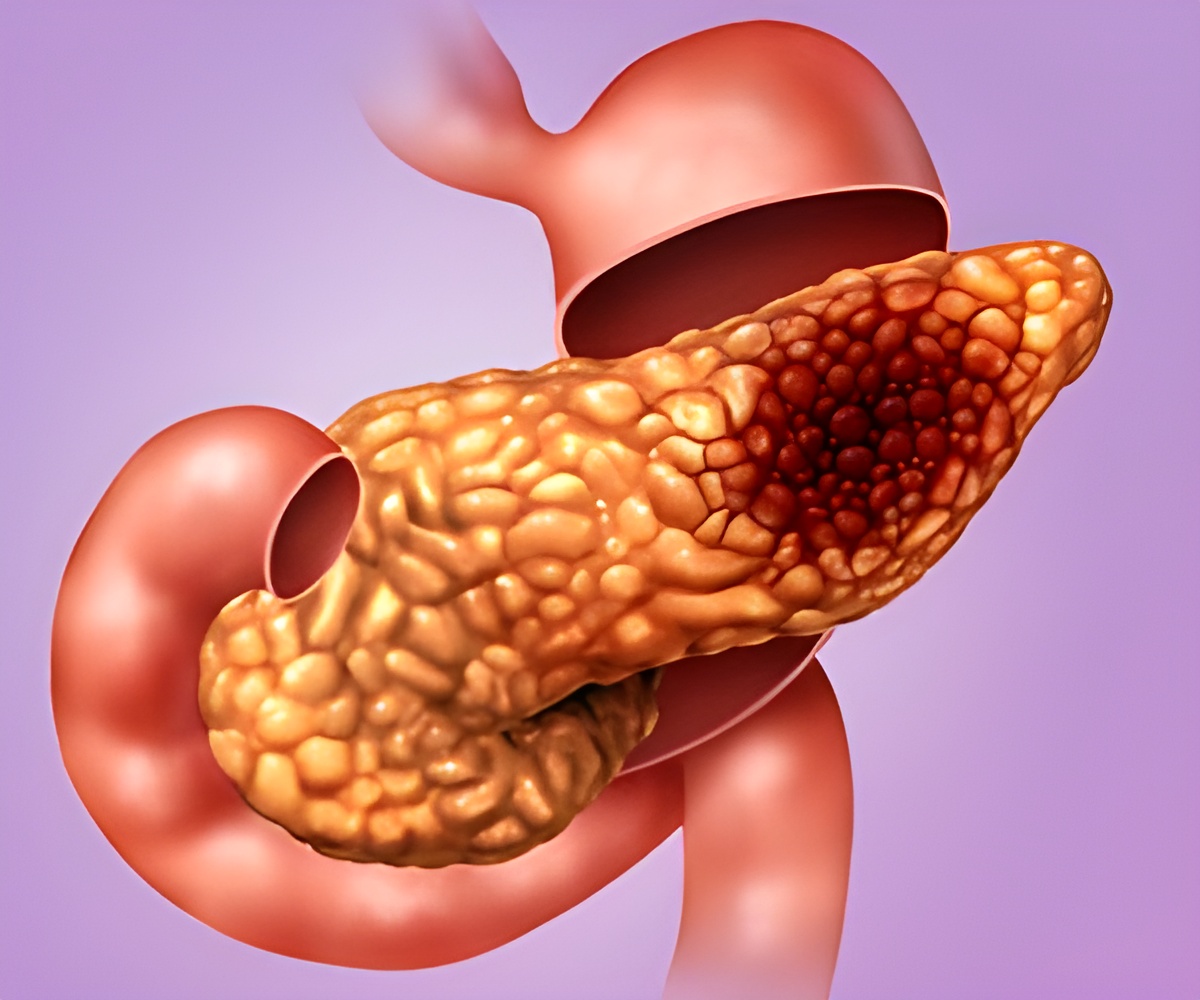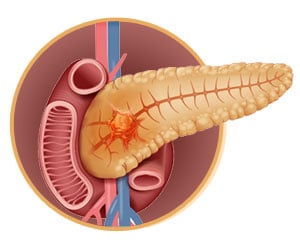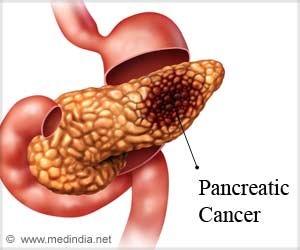
‘Cholesterol is an essential component of cell membranes, but new research determined that pancreatic cancer cells make far more of it than they need to support their own growth.’
Tweet it Now
Most cells make only as much cholesterol as they need, quickly shutting down the synthesis pathway once they have enough, Oni explains. But he and his colleagues, including Giulia Biffi, a former postdoctoral fellow in Tuveson's lab, found that cancer cells convert most of the cholesterol they make into a form that can be stored within the cell. Free cholesterol never accumulates, and the synthesis pathway keeps churning out more. Cancer cells in the pancreas seem to thrive off this hyperactive cholesterol synthesis. The team thinks this is probably because they are taking advantage of other molecules generated by the same pathway. They're able to keep the pathway running and maintain their supply thanks to an enzyme called sterol O-acyltransferase 1 (SOAT1), which converts free cholesterol to its stored form and which pancreatic cancer cells have in abundance.
When the researchers eliminated the SOAT1 enzyme through genetic manipulation, preventing cells from converting and storing their cholesterol, cancer cells stopped proliferating. In animal experiments, eliminating the enzyme stalled tumor growth.
Importantly, the team found that eliminating SOAT1 only impacted cells that harbored mutations in both copies of a tumor suppressor gene known as p53. This genetic alteration promotes cancer growth and is exceedingly common in patient tumors. Normal pancreas cells functioned just fine without the enzyme in the team's experiments, and that makes SOAT1 a promising therapeutic target, Oni says. The hope, he says, is that researchers will be able to develop a drug that selectively blocks the enzyme, impairing cancer cells but leaving normal cells healthy.
Source-Eurekalert














